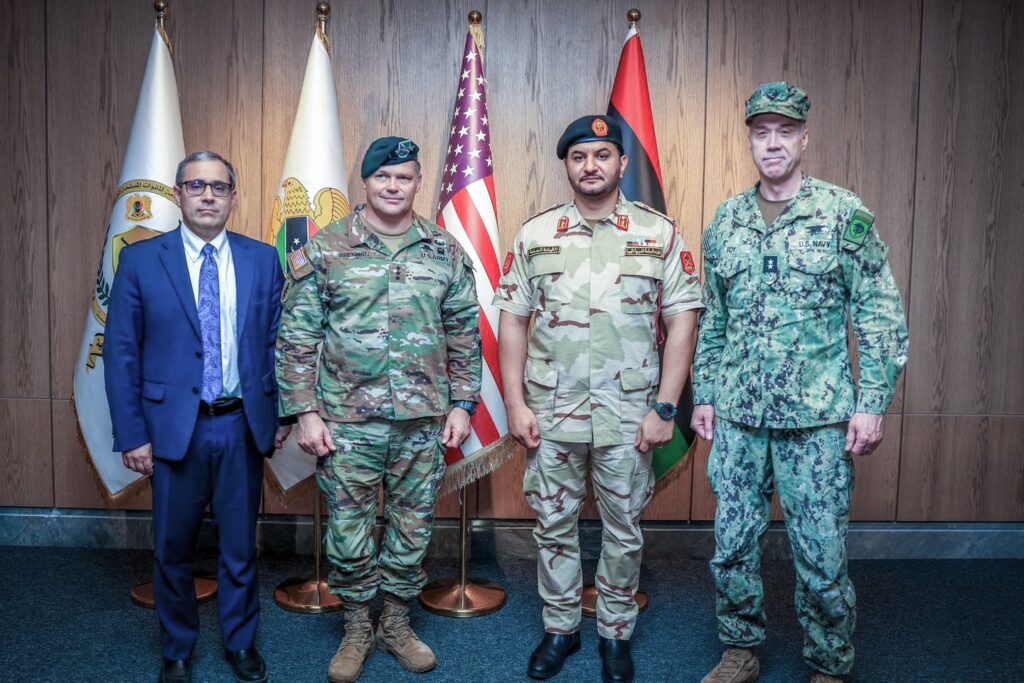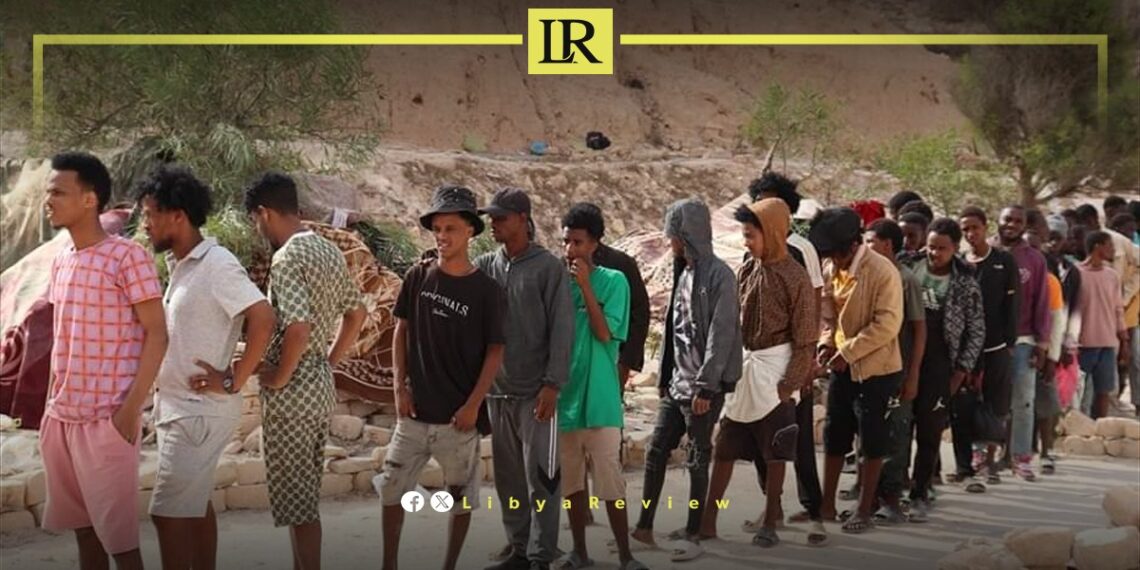NATIONAL SECURITY ISSUES
- On Thursday, July 25, the Federal Government of Nigeria successfully repatriated 158 irregular Nigerian migrants from Libya, according to Ambassador Mohammed Mohammed, Nigeria’s Charge d’Affaires to Libya. The group included 77 males, 45 females, 26 children, and 10 infants. Among them, 26 men were released from the Abu-Salim Detention Centre in Tripoli, where they had been detained during ongoing raids targeting undocumented foreigners in Libya. Ambassador Mohammed stated that 1,776 stranded Nigerians have been repatriated from Libya so far, thanks to a collaborative effort between the Nigerian mission and Libyan authorities. This initiative is part of the International Organization for Migration’s (IOM) Voluntary Humanitarian Repatriation (VHR) program. “This marks the 12th evacuation exercise carried out by the Nigerian Mission in Libya this year,” Mohammed noted. The latest operation follows the repatriation of 142 irregular Nigerian migrants from Sabha, Libya, on July 19.
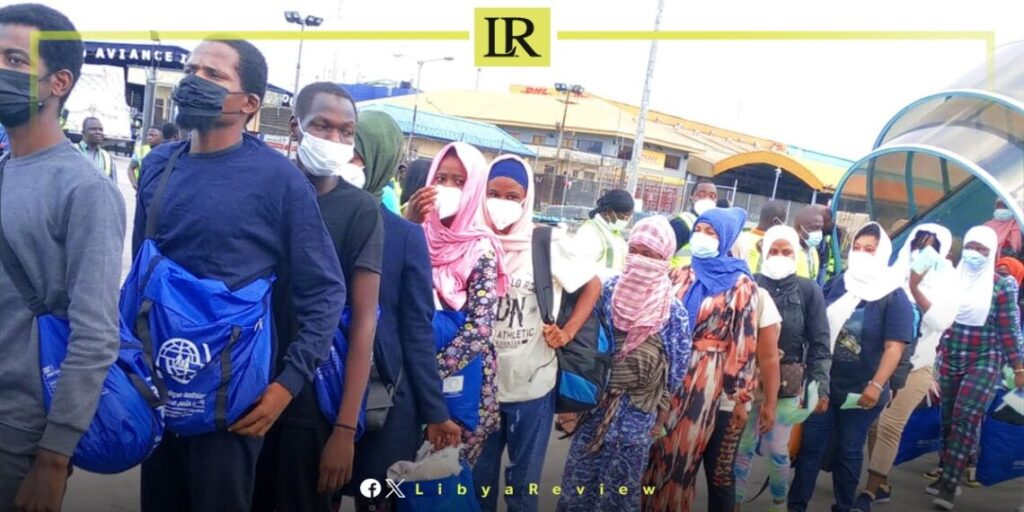
- A member of the Council of Elders and Notables of Al-Zawiya, Hussein Al-Maghrabi, has reported that the recent clashes between armed groups in the city resulted in 13 injuries. Al-Maghrabi, speaking in a televised statement, explained that the clashes erupted due to tensions between youth affiliated with a security entity under the Ministry of Interior and youth from the General Staff. He noted that the situation in the city is currently calm after the clashes that took place. Al-Zawiya, a city west of Tripoli, has been a hotspot for various armed factions vying for control. The recent skirmish is the latest in a series of conflicts impacting the region. According to Al-Maghrabi, local authorities are making efforts to maintain peace and prevent further violence. The recent clashes highlight the fragile security situation in Al-Zawiya. The city’s strategic location has made it a focal point for rival groups seeking influence. Despite the calm reported by Al-Maghrabi, the potential for renewed violence remains.
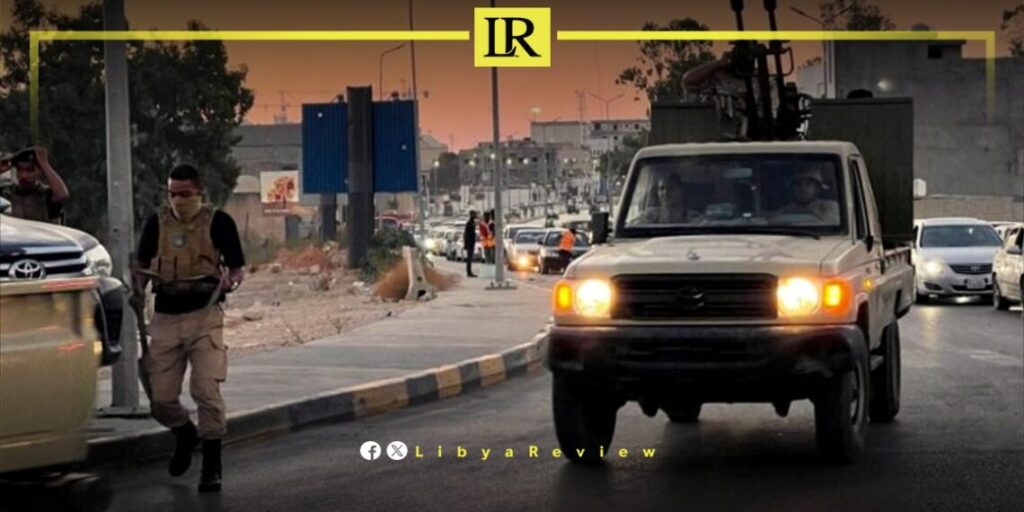
- The International Organization for Migration (IOM) has confirmed the interception of 872 migrants at sea and their return to Libya in recent days. In a statement, the organization revealed that among the migrants were 60 women and 20 children. The statement also reported the recovery of two migrant bodies off the Libyan coast. Additionally, the IOM noted that since the beginning of the year, a total of 11,335 migrants have been intercepted, with 400 deaths and 494 people reported missing off the Libyan coast. The statement concluded by highlighting that in 2023, the total number of intercepted and returned migrants reached 17,190. Libya has been in chaos since a NATO-backed uprising toppled longtime leader Muammar Gaddafi in 2011. The county has for years been split between rival administrations.
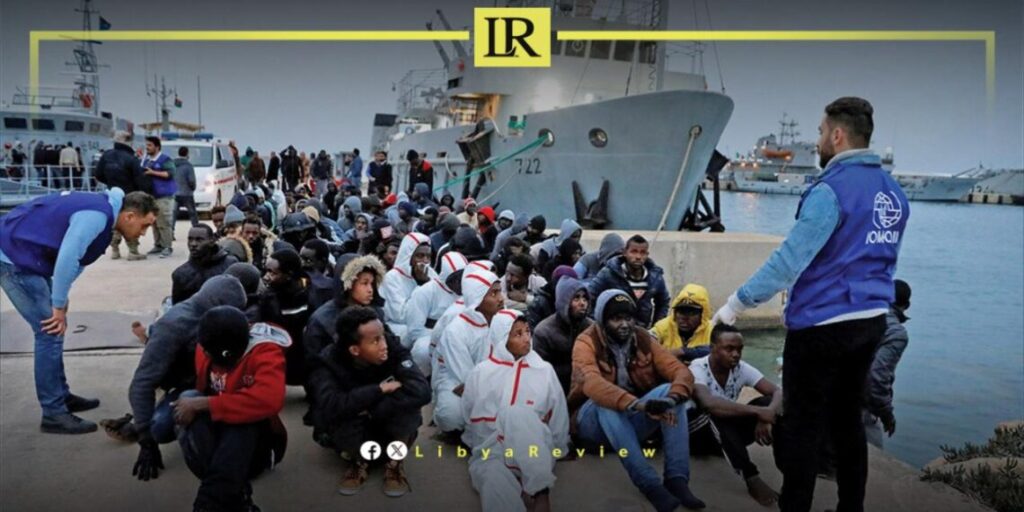
- Libyan security forces have successfully thwarted an attempt to smuggle irregular migrants near the Sabratha’s shoreline. The Director of the Media and Public Relations Office at Sabratha Directorate, Mohammed Shtiewi, stated to “Al-Wasat news” on Tuesday that the Directorate’s investigation and arrest patrols, in cooperation with other security agencies, intercepted the smuggling operation within the abandoned quarries near the seashore. Shtiewi explained that the irregular migrants were preparing to embark on a journey to Europe but were apprehended before reaching the beach. They have been taken to the Directorate’s headquarters to complete legal procedures before being transferred to detention centers for eventual repatriation to their home countries.
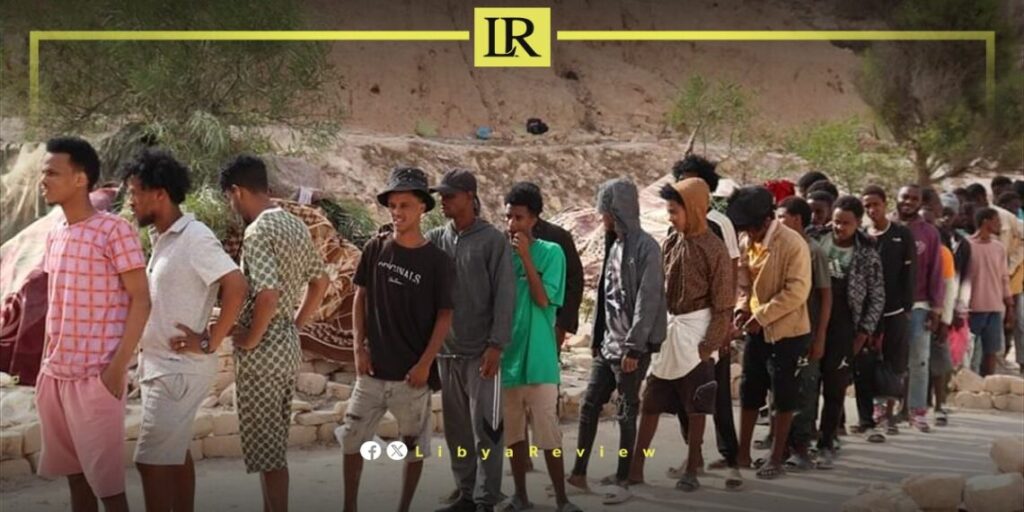
- On Tuesday, July 23, a new wave of fierce clashes erupted between armed groups in Al-Khartoum Street and under the Bir al-Ghanem Bridge in Al-Zawiya city in West Libya. The renewed intense fighting involved heavy gunfire and indiscriminate shelling, causing significant damage to homes and civilian vehicles. As violence escalated, the Libyan Red Crescent’s Al-Zawiya branch urgently called for an immediate ceasefire to facilitate the safe evacuation of families trapped in the conflict. “We hope for the cooperation of other security entities and expect the same from the warring factions. The families are in desperate need of help and bear no responsibility for the conflict,” the Red Crescent’s statement read. The organization stressed that emergency response teams, medical personnel, and ambulances from the Red Crescent and the state must not be targeted.
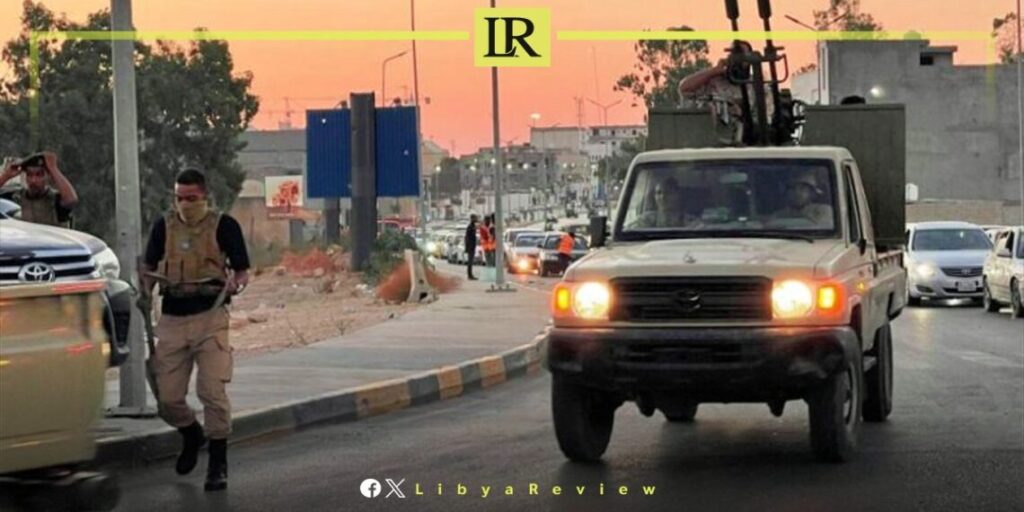
- On Monday, July 22, the Libyan Interior Minister of the Parliament-designate government, Major General Essam Abu Zariba, held a meeting with Amsaad Security Director, Major General Omran Buraik. The discussion focused on strategies to enhance security in the Amsaad municipality and curb illegal migration and smuggling. The meeting, held at the ministry headquarters in Benghazi, reviewed the security challenges facing the municipality and the needs of the directorate to address these issues. They affirmed that interior ministry personnel perform their duties effectively to achieve security and stability and safeguard the nation’s borders.
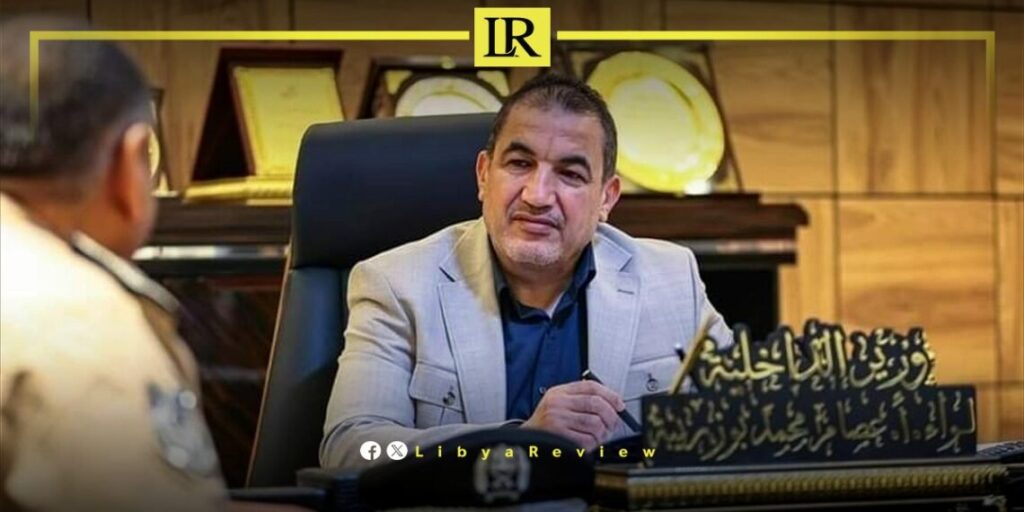
- On Monday, July 22, a young man named Rafik Karima was tragically shot dead in the city of Al-Zawiya. Eyewitnesses reported that armed assailants fired a barrage of bullets at Karima before fleeing the scene. Libya Press confirmed that Karima was struck in the head by a bullet, resulting in his immediate death. Al-Zawiya, located on the Mediterranean coast about 45 kilometers west of Tripoli, has been a hotspot for violence and unrest. The city holds strategic importance due to its proximity to the capital and its role as a vital hub for Libya’s oil and gas industry. This has made Al-Zawiya a battleground for rival militias vying for control, contributing to a volatile security situation.
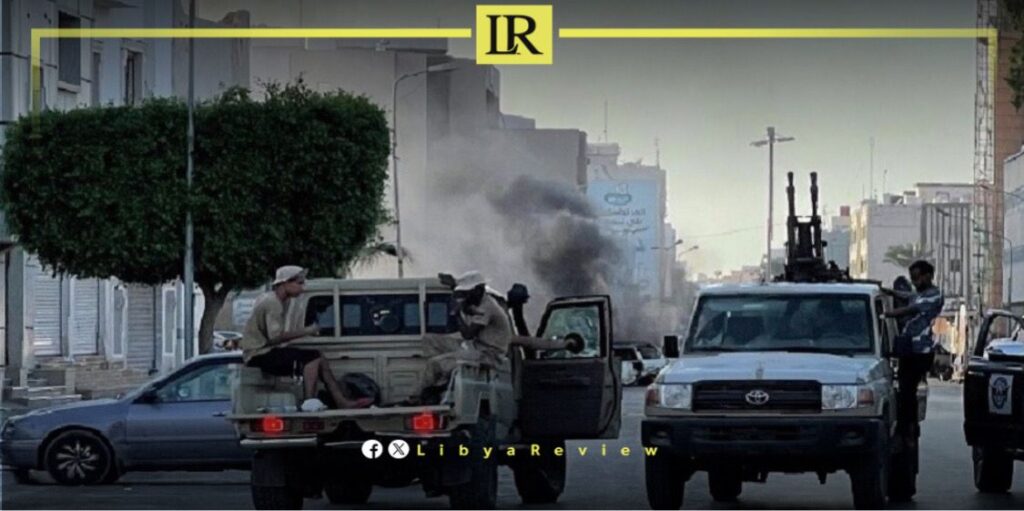
- The Tripoli based 444th Combat Brigade of the Libyan Army announced that several days ago it had ‘‘completely closed all smuggling routes and cut them off in positions spread over hundreds of kilometres in the middle of the Libyan desert’’. The 444th Combat Brigade is the nearest thing the Tripoli based post Qaddafi Libyan government has to an army. It is not a militia group led by a warlord. It has had several turf wars with other Tripoli militias who see it as an existential threat. This 444th Combat Brigade claimed that the closing-off of all the smuggling routes ‘‘has led to the cessation of the smuggling of people, fuel and drugs from south to north and from north to south, in defence of the assets of the Libyan people and to preserve the livelihood of all Libyans’’.
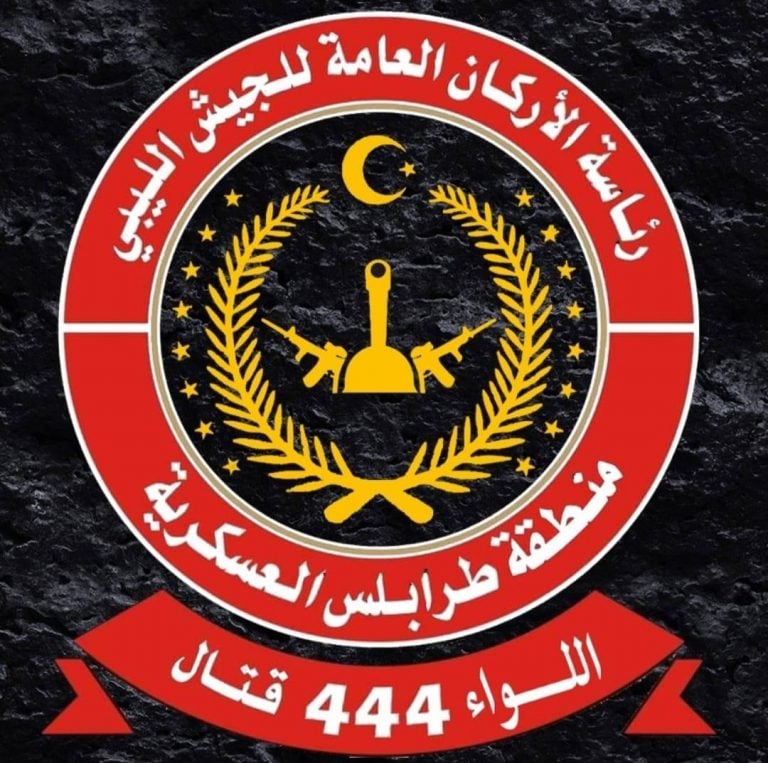
NATIONAL POLITICS AND SOCIAL ISSUES
- Saif al-Islam Gaddafi’s political team expressed their approval on Sunday of the outcomes of the Cairo meeting between representatives from the House of Representatives and the High Council of State. In a statement, the team stated, “We express our satisfaction with the UN Support Mission in Libya’s statement welcoming the results of the Cairo meeting.” The statement highlighted the importance of this meeting, which demonstrated a unified initiative and stance among the council members, who are keen on taking the initiative to overcome the political deadlock. The statement also noted that the current political deadlock only serves those clinging to power at the expense of the higher interests of the Libyan people.
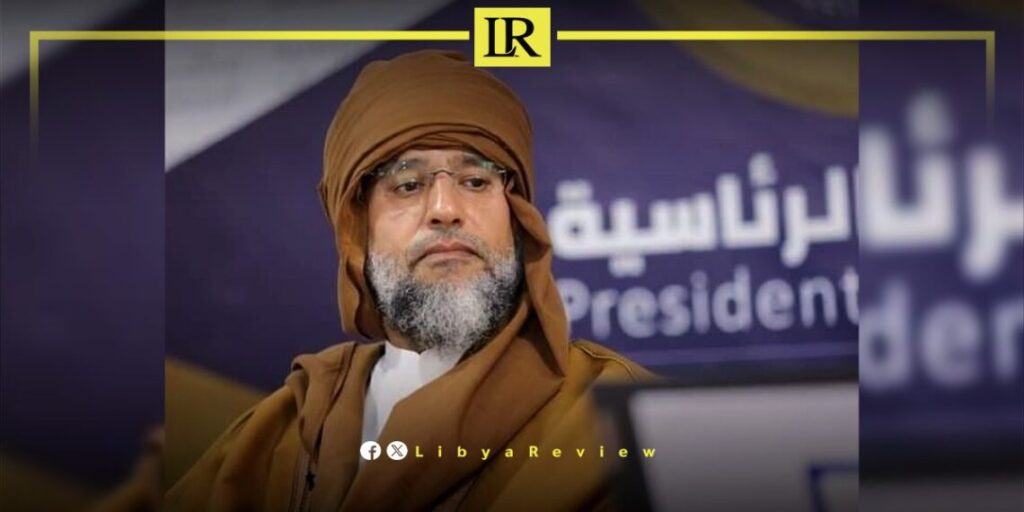
- Libya’s Tripoli based Ministry of Foreign Affairs and International Cooperation announced the resumption of work by the Indian embassy in Libya from its Tripoli embassy. The Foreign Ministry said this includes the operation of the consular section to grant visas to Libyan citizens and follow up on the situation of Indian expatriate workers.
- UN Support Mission in Libya (UNSMIL) has issued a statement on the meeting of members of the Libyan House of Representatives and the High Council of State in Cairo on 18 July. UNSMIL said while it “welcomes all steps in support of a Libyan consensus that facilitates a Libyan-led and owned political process towards national elections, the Mission reiterates that any such steps should be inclusive with a clear path to elections.” ”The Mission encourages the members involved to build on what has been agreed upon by seeking an approach that includes other relevant Libyan stakeholders to ensure the outcomes lead to a politically implementable solution,” the statement pointed out.
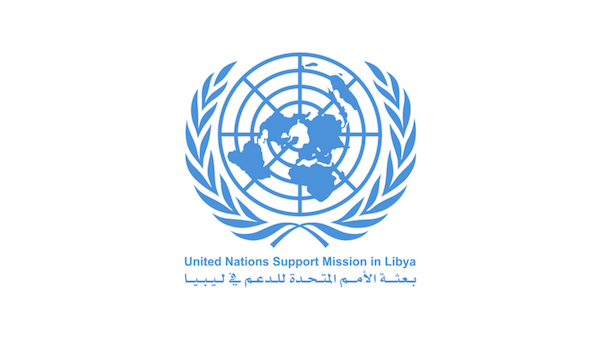
- The renovation and development of Sirte’s Clock Square have been completed, marking a significant milestone in the city’s ongoing reconstruction efforts. The project, led by the National Development Agency, aims to enhance the square’s aesthetic and historical value. This renovation is part of a broader initiative commemorating Sirte’s development efforts in 2024. The revamped Clock Square now serves as a symbol of the city’s progress in infrastructure and urban development.
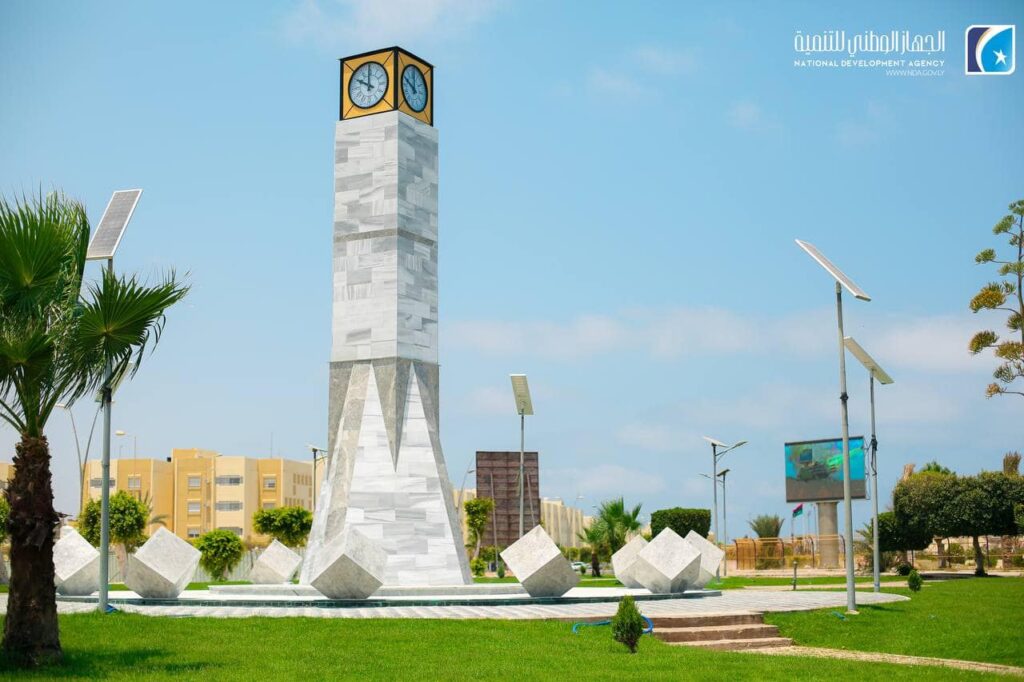
INTERNATIONAL RELATIONS
- On Tuesday, July 23, the Libyan General Union of Chambers of Commerce, Industry, and Agriculture announced a landmark cooperation agreement with the Russian Chambers of Commerce in Moscow. In a statement, the union reported that “Mohamed Abdul Kareem Raied, Chairman of the General Union of Chambers of Commerce, Industry, and Agriculture in Libya, met with Vladimir Padalko, Vice President of the Chamber of Commerce and Industry of the Russian Federation, to agree on economic cooperation and strengthen relations between the two friendly countries.” The meeting resulted in an agreement to expand communications between institutions, organizations, companies, and businessmen in both countries. They also agreed to exchange information related to the economy and foreign trade.
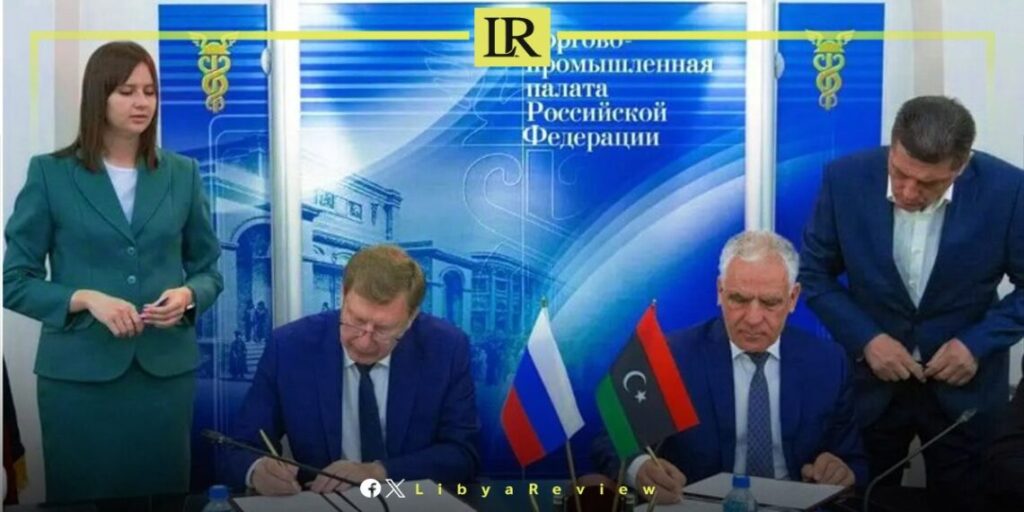
- On Tuesday, July 2023, the Libyan Ministry of Health, led by Dr. Saeed Al-Darsi, Director of the International Cooperation Office, held a meeting with Dr. Nuzhat Rafiq, UNICEF Representative, to discuss and enhance their collaborative efforts. During the talks, Dr. Al-Darsi addressed feedback from previous joint initiatives and proposed strategies to resolve any issues. He emphasized the importance of aligning their efforts with the Ministry of Health’s specific needs. Meanwhile, Dr. Rafiq reaffirmed UNICEF’s commitment to their shared goals. She confirmed UNICEF’s support for the Ministry of Health’s upcoming child support campaign. The meeting also focused on the needs of the Sebha region. Both parties agreed on UNICEF’s ongoing efforts in Sebha to address these needs, under the direct supervision of the International Cooperation Office. This approach will be extended to other regions under the Libyan government’s jurisdiction.
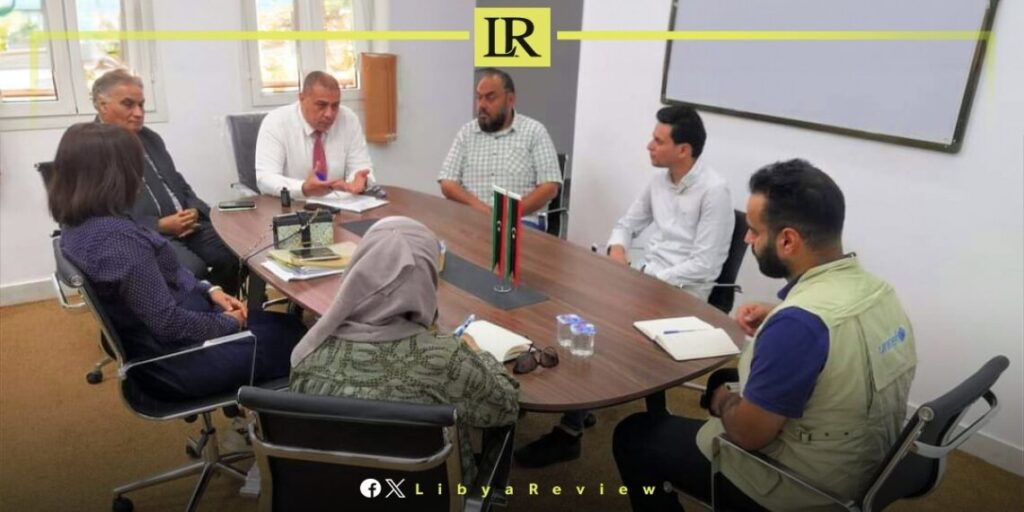
- Libyan Foreign Minister of the Parliament-designate government, Abdel-Hadi Al-Hwaij, accompanied by Faraj Al-Hassi, Director of International Organizations, met with Yann Fridez, Head of the International Committee of the Red Cross (ICRC) mission, and his delegation. The meeting focused on the ICRC’s humanitarian activities across Libya. They discussed the challenges and obstacles to delivering humanitarian services. Both parties emphasised the importance of adhering to the Ministry of Foreign Affairs’ directive issued in May. This directive mandates working through local partners and developing strategic plans and programmes in partnership while ensuring non-interference in political and religious matters.
- On Monday, July 22, Mohamed Takala, Head of the High Council of State (HCS), met with the Turkish Ambassador to Tripoli Güven Begeç to discuss the bilateral relations between Libya and Turkey. The meeting, held in Tripoli, focused on developing and strengthening ties between the two nations to serve both Libyan and Turkish interests. The discussions also covered cooperation on issues of mutual concern. Ambassador Begeç emphasized the deep-rooted relationship between Libya and Turkey and reiterated Turkey’s commitment to enhancing stability in Libya. He highlighted Turkey’s efforts to promote security and peace across Libya and to facilitate reconciliation among political factions, aiming for a democratic path that concludes the transitional phases.
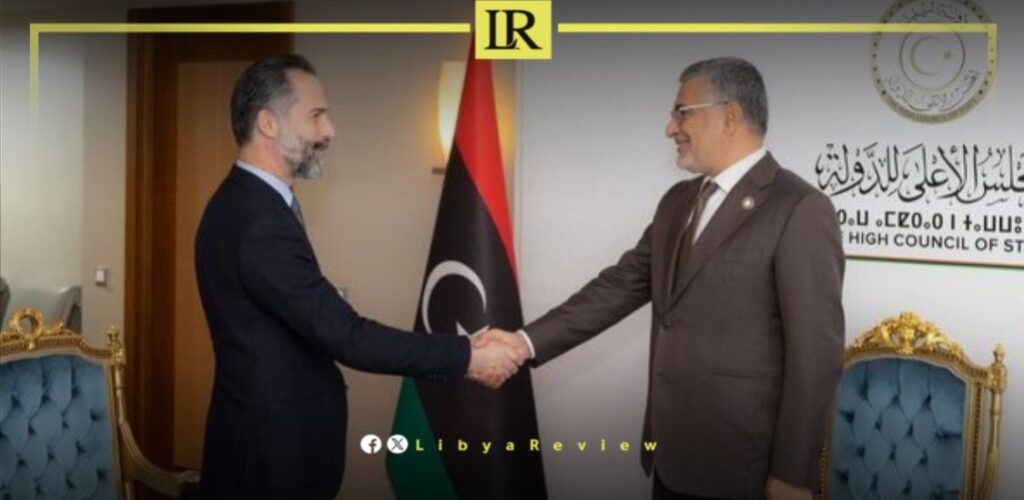
- The Minister of Economy and Trade, Mohamed Al-Hwej, discussed with the Ambassador of South Korea to Libya ‘‘Jang Jihak’’ last Wednesday 17 July, at the Ministry’s Tripoli headquarters, ways to enhance cooperation. The meeting discussed the development of a mechanism for organizing a Libyan Korean economic forum in the capital, Tripoli, in November 2024, with the effective participation of major Korean companies, investors, and business owners in both countries under the supervision of the Ministry of Economy and Trade. It also included discussing the raising the level of trade and investment between the two countries, and opening prospects for developing bilateral relations in all fields.
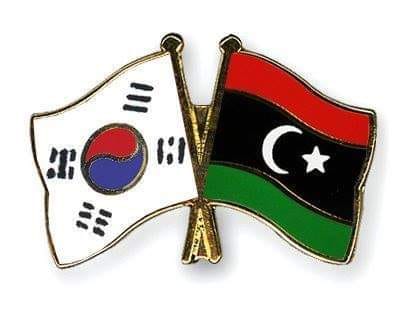
- U.S. military and political officials met in Benghazi with the Libyan National Army Chief of Staff of Ground Forces, Major General Saddam Haftar, according to U.S. Embassy in Libya. “U.S. AFRICOM Deputy Commander, Lieutenant General John Brennan, U.S. Special Operations Command Africa Commander, Rear Admiral Ronald Foy, and Chargé d’Affaires Jeremy Berndt met with Libyan National Army Chief of Staff of Ground Forces, Major General Saddam Haftar, in Benghazi on Thursday,” the Embassy said in a statement on X.
